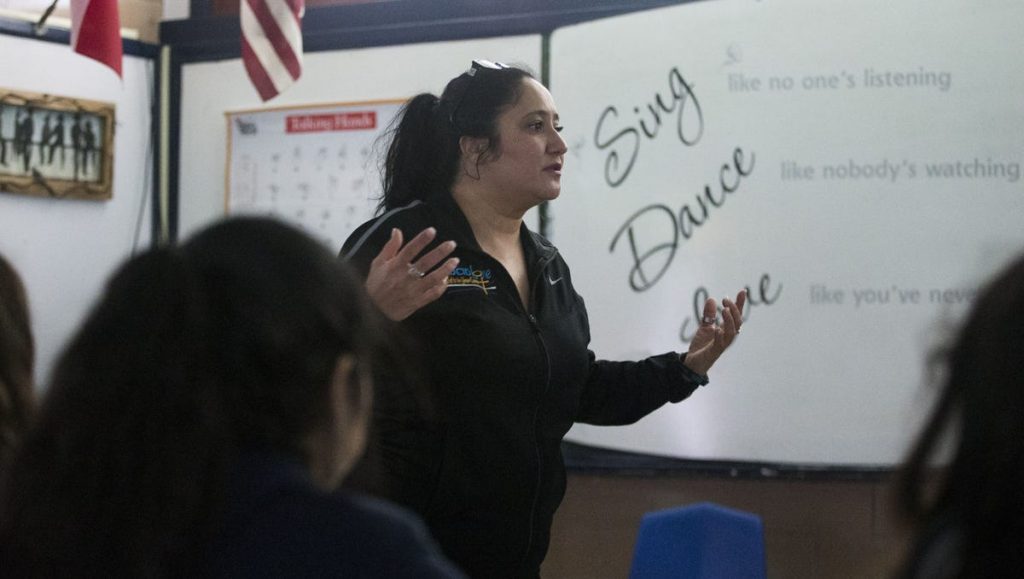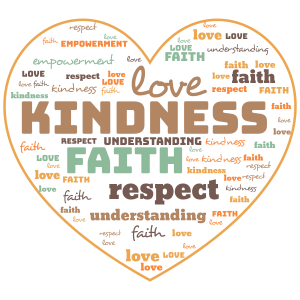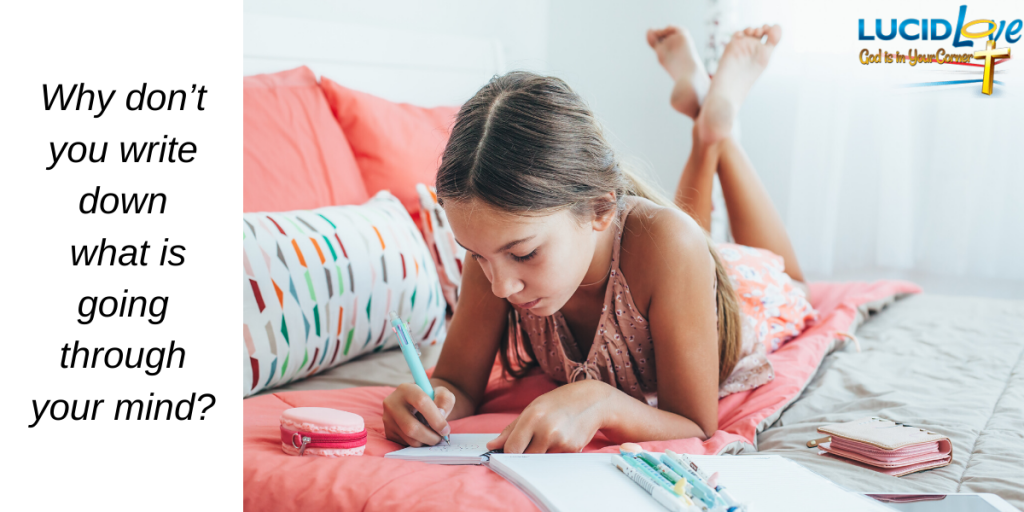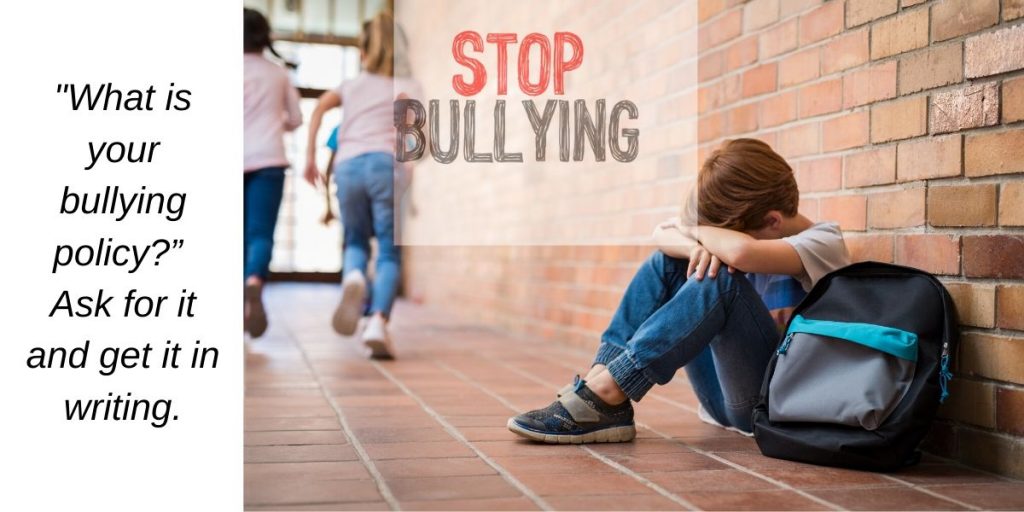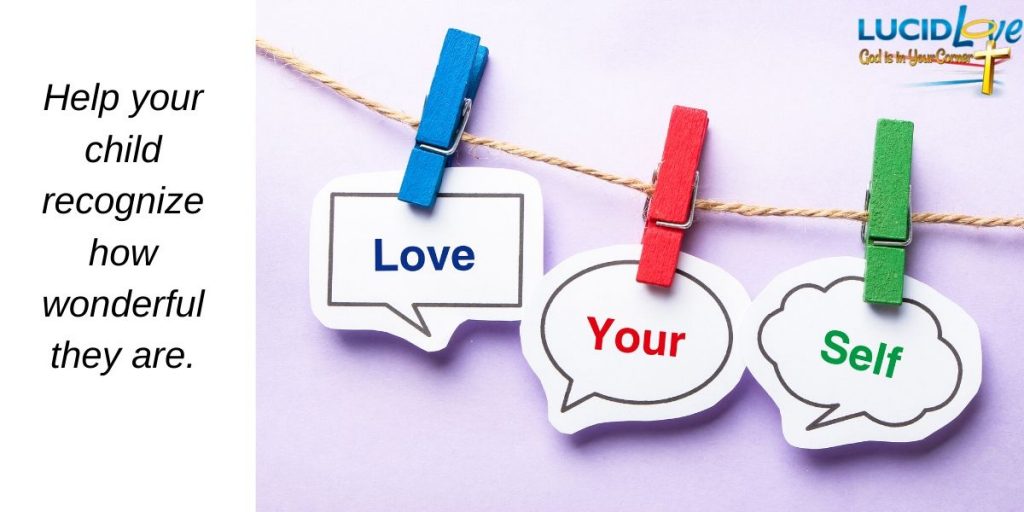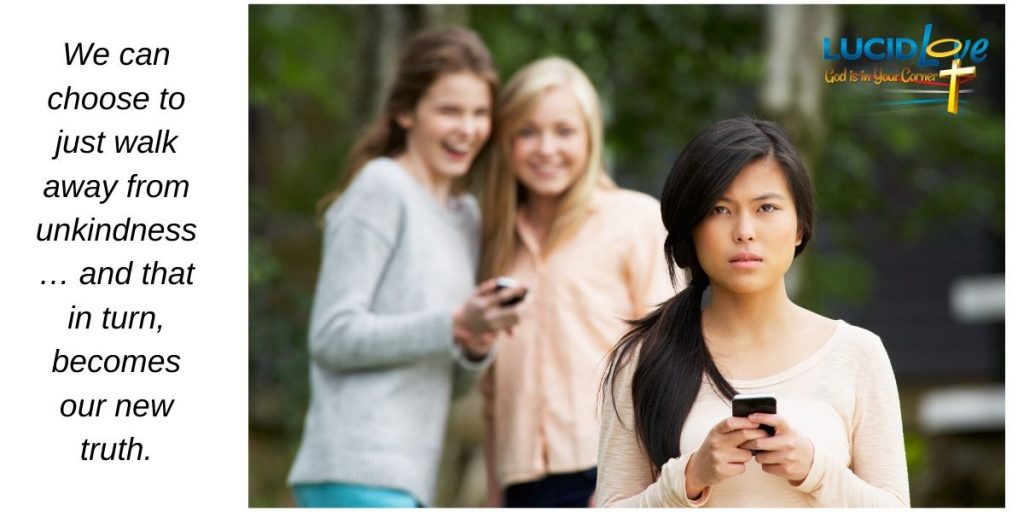Anti-Bullying Lessons for Kids by Non-profit Lucid Love, Veronica Cabada
Anti-Bullying Lessons for Kids: There is a reason that parents are in search of great organizations like an anti bullying non profit who are making a difference in the world!
This is my interview with her about her passion and purpose for sharing positive messages about love, faith and kindness to children and people everywhere! –Lisa Caprelli, Author of children’s books series offering social emotional learning for kids, like Unicorn Jazz’s Eye See You: Choosing Kindness.
Anti-Bullying Lessons for Kids
OCTOBER 2020 IS NATIONAL BULLYING PREVENTION MONTH – Share kindness and awareness this month!
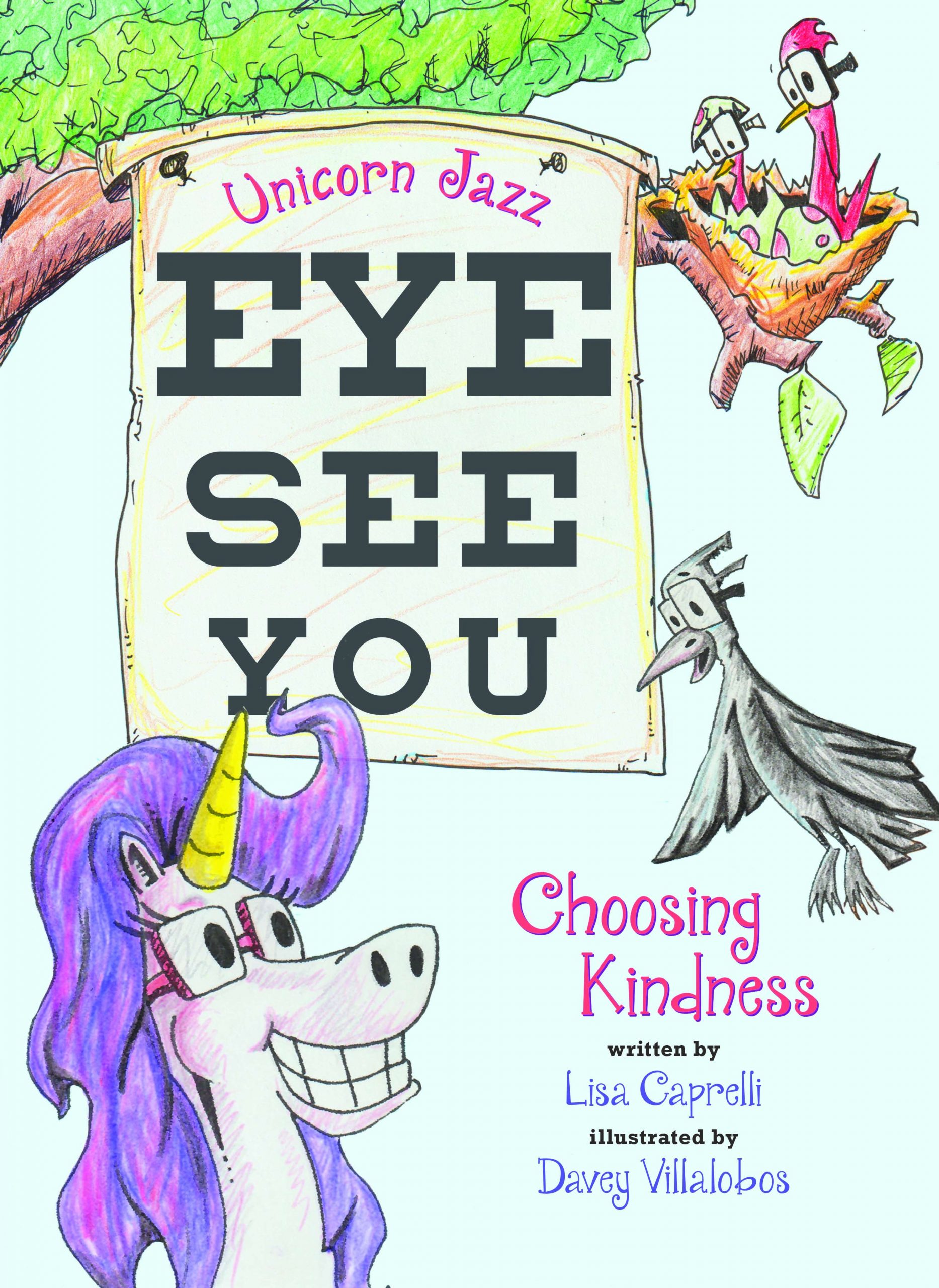
Eye See You Choosing Kindness
Children’s Books about Being Kind is Found in Unicorn Jazz Eye See You: Choosing Kindness
Besides parents, school support personnel, counselors and other adults can help kids prevent bullying by talking about it, ensuring an environment that is safe to come together and create a community-wide bullying prevention and resolution strategy like the anti-bullying non-profit led by founder Veronica Cabada.
“With the knowledge and education about bullying behavior, once they know that an adult will help and show that bullying is not acceptable, this itself can stop bullying behavior over time.” -Veronica Cabada, Lucid Love, anti-bullying non profit
I was inspired by Lucid Love and met founder Veronica Cabada and Director, Sal Montelongo, several years ago while sharing awareness with non-profit Kasem Cares. 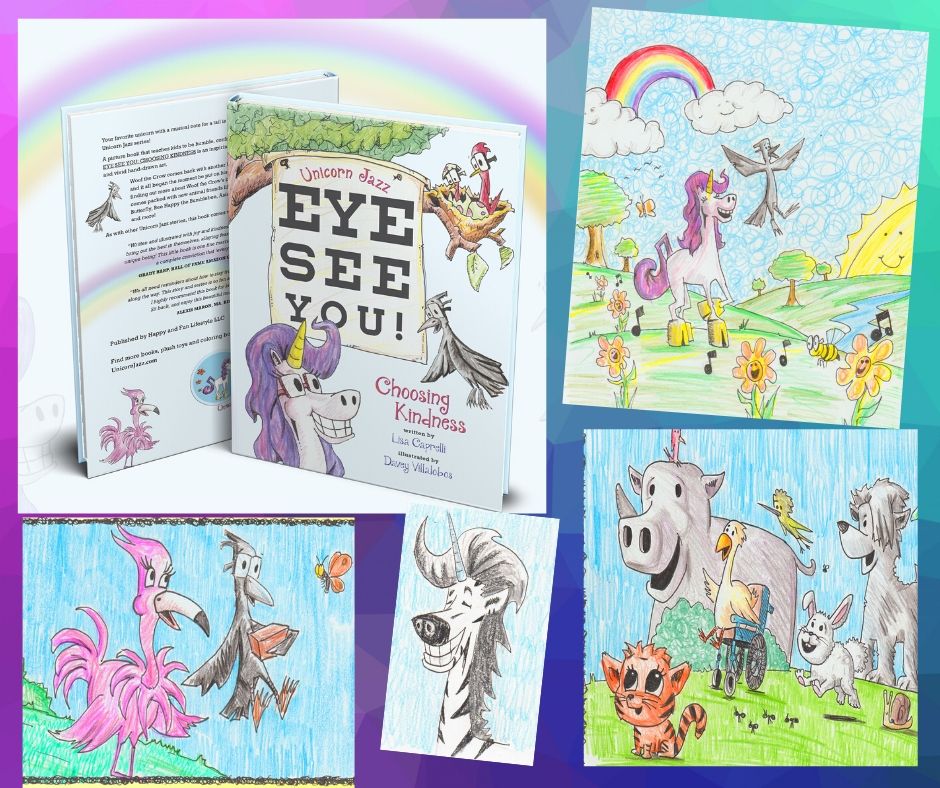
Cabado teaches kindness and the power of choices and words which is a message in my book EYE SEE YOU: CHOOSING KINDNESS. And without hesitation, I reached out to my friends at Lucid Love to further share their drive and passion as a leading anti-bullying non profit for children.
Veronica Cabada has been a speaker to over 100,000 students, faculty, service men and women and public figures with an emphasis on anti-bullying has made her positive messages about joy, faith and love.
Words are powerful! We all have the ability to choose our words. It is a special time to write and go beyond kindness books for kids for people who need more answers on this important topic.
WHAT ARE COMMON WORDS YOU USE IN YOUR SCHOOL PRESENTATIONS TO CHILDREN WITH YOUR ANTI-BULLYING NON-PROFIT, LUCID LOVE?
Some of the words we enjoy sharing and explaining are:
- KINDNESS
- LOVE
- FAITH
- DIVERSITY
- UNDERSTANDING
- EMPOWERMENT
Kindness.
It is important to be nice to one another.
Love.
For older children, we explain the difference between love and unconditional love. Believing in yourself and self-love are important. Do not be ashamed of who you are, but rather embrace your uniqueness.
Faith.
Next, have faith in yourself. “Faith” is a very important word with an incredible meaning to me. We created Lucid Love after my son, Sebastian’s passing. I had discovered in 2013, a couple of months before he passed away that he had written LOVE AND FAITH on his girlfriend’s door. It was then that I knew that Sebastian had a powerful message to share, and that meant: love unconditionally, love one another
Diversity, Respect and Understanding can go hand in hand. Accepting our differences is important to understanding and is seen in diversity messages today.
Empowerment.
Empower yourself and empower one another. Show this in many ways like taking care of one another and taking care of yourself.
WHY DO YOU THINK CHILDREN NEED EXAMPLES OF CHOOSING KINDNESS?
If we don’t give examples, we could walk away without a clear understanding of what we learned. Whenever you teach a child, especially, give examples that are clear in what you are teaching.
It will promote engagement — an interactive type of learning — and result in a more diverse understanding of the word kindness.
The saying, “Be kind to one another,” is something that parents or educators may share. Here kindness could mean to a child – do not say mean words to one another.
Kindness is in the behaviors that people are already doing, it defines your character. Other examples of kindness can be – doing chores at home, saying something as simple as ‘thank you,’ or writing a poem for a friend who is sad.
Once you open their world of what kindness means, you may start to realize that you do that already. Often times adults may be focusing on what they are doing wrong versus what they are doing right. It could be that a child’s home environment does not foster kindness. If this is the case, it is important to recognize that behavior needs to stop and seek help and go talk to someone, a parent, counselor, friend, or educator.
Recognizing ‘I’m Sorry’ Goes a Long Way
Since my son passed away, it is always very touching to hear the simple words “I’m Sorry” for a loss for for when one does grieve a loved one. This is an act of kindness. I often reply, “Thank you for sharing a kind message back to me.”
As you do observe behaviors of kindness touch your heart, express it out loud and let children know with a positive statement, “Thank you for promoting kindness.”
WHY IS BULLYING AN IMPORTANT TOPIC IN SCHOOLS? IN BOOKS ABOUT BULLYING FOR KIDS? AT HOME?
The topic of bullying at home and school opens the lines of communication. Based on the experience of my son and as we (Lucid Love) talk to children; and as we see the data in studies, children who get bullied, don’t talk.
It is reported that as much as 90 percent of children do not speak up. Kids simply don’t talk or tell anyone. Children don’t go and talk to someone for a variety of reasons, probably because they are ashamed of what happened to them or how they will be perceived.
Students may feel that they are unworthy, unloved and that their issue or problem may not matter to anyone — that they should just somehow cope with it or hope that it goes away altogether. Even worse, they may not speak up for fear of retaliation by the aggressor. It is very unfortunate. And further, if other students who are witness to bullying behavior report it, sometimes they become the ones who then become bullied.
With the knowledge and education about bullying behavior, once they know that an adult will help and show that bullying is not acceptable, this itself can stop bullying behavior over time.
70.6% of students report having witnessed bullying in their school–and over 71% say bullying is a problem. (Source) –National Center for Education Statistics and Bureau of Justice Statistics,
When a school fosters an environment of open communication including the topic of talking about bullying, it can give a child confidence to speak up and go talk to someone.
From my experience, and for many, being a parent is not easy, the same way being a child is not easy. Sometimes, as parents, we assume certain behaviors are normal. Perhaps we tell ourselves that their child are just going through teenage years.
Learn to ask more questions and take an interest with questions like, “Are you okay?”
If there is a behavioral change, you may feel something is going on. Perhaps your child is distancing themselves, or they don’t want to go to school, or their grades plummet.
Open up the lines of communication. It’s that thing that must be done on a daily basis; not a one time discussion. I encourage parents to continuously and on a daily basis reassure their child that he/she has the RIGHT to speak up and have the right to be helped.
Through Lucid Love, we are advocates of talking about bullying and fostering a safe environment for children. We could help inspire them, motivate them and encourage them to talk. We discourage not keeping feelings and emotions bottled up or to themselves.
WHAT MORE CAN PARENTS DO?
There are many things parents can do if they feel they want more help.
Sit down and just LISTEN to your child. Try to refrain from judgment or emotional outbursts. Have a safe place for the child, just sit down and attentively listen to what the child is saying.
The first sign that I tell parents is to recognize any behavioral change(s). For example, if your child is always laughing, gregarious and outgoing and full of eye contact and all of a sudden you see changes like no eye contact, that could be a sign. If your child is withdrawing from you, that could be another sign.
It’s not going to be easy when you ask, “Is everything okay?” Something may be wrong. Sit down with your child and say, “Let’s talk. Talk to me.”
Other solutions for sharing their emotions could be through journaling including findind kindness books for kids. Teach your child to channel emotions in a positive and constructive way.
Share: “Here is a journal. Why don’t you write down what is going through your mind?”
Coloring and playing games can also be great forms of play therapy.
Don’t be afraid to seek a counselor, someone that you think your child can open up with. I promise you once you crack that egg open, it is so satisfying because they are most likely going to open up.
If a Child Does Not Want to Share Feelings and Emotions:
Ask them, “Who do you feel comfortable talking to?” (Don’t take it personal if it is someone else and not you). Perhaps a sibling, aunt, teacher is their choice. Find that person that they connect with. And be proud that the mere fact that you’re taking action, will be appreciated by the child.
Ask open ended questions. Let the child just talk and get it out of their thought process.
Help your child acknowledge their emotions. Negative emotions can ruminate for them and feel like they are going around and around in their mind, and that can be affecting them.
If a Child Shares They are Being Bullied
If this is the case, and once they open up and share, “Yes, I have been bullied, or I am being bullied,” go to their school and ask, “What is your bullying policy?” Ask for it and get it in writing.
By law, in all states, it is mandated that all schools have a bullying policy.
There is a difference between a comprehensive bullying plan and a bullying policy.
QUESTIONS TO ASK THE SCHOOL IF YOUR CHILD IS BEING BULLIED
- What are the consequences?
- What are the steps?
- Get both sides of the story.
Many times you can get such a policy on the school’s website.
Next, schedule an appointment with your child’s teacher and/or counselor. Don’t accept a reply like, Kids will be kids if the issue is not being remedied.
Push for the steps on the policy to take place. I would highly recommend to stay calm throughout this entire process, especially because you want your child to learn through your actions and words.
FOSTER SELF-ESTEEM. TEACH YOUR CHILD THEIR VALUE, THEIR OWN WORTH
Build your child’s worth. Have them learn how to develop, sort of a thick skin. Help your child recognize how wonderful they are.

One of the written exercises I do to foster self-esteem and self-worth is to ask:
Write down why are you proud of yourself.
- They may write things down like:
- I’m doing good at school.
- I am nice to my parents.
- I help the elderly.
Exercises and a perspective on oneself can go a long way. Ultimately, teach your child(ren) that someone can tell us whatever they want (mean words), but it is important to recognize our own worth. We can choose to just walk away … and that in turn, becomes our new truth.
“No one can make you feel inferior without your consent.” – Eleanor Roosevelt
WHAT HAS BEEN YOUR EXPERIENCE WITH CHILDREN WHEN SPEAKING AT SCHOOLS, IN REGARDS TO KINDNESS, TONE, WORDS AND BELONGING?
The majority, if not all children, want to be kind. They want to say nice things to one another and in a very genuine positive tone.
At the end of the day, the majority of students are good, kind-hearted students that do want to promote kindness and not hate. It’s the minority of students that don’t promote kindness.
WE ASK everyone to join in this movement of promoting kindness and teaching others what kindness looks like.
We have had individuals contact us years later and thank us for the advice we gave them. “Thank you for the advice and for recognizing that I was doing the right thing. I passed it on to others….”
THERE IS SO MUCH TO BULLYING AND UNDERSTANDING
“When I do see a child that is hurting, or when I share positive messages to students from elementary to middle school to high school aged children, I want to be able to connect and it is through stories that we do connect and provide knowledge and understanding,” says Cabado.
We remain open to learning.
Although my son, Sebastian, is no longer here with us physically, I do believe that what he went through, his pain, it was not in vain. Although he was hurting, he did not want anyone else to hurt.
“I see the face of my son on the faces of the children and my face on the faces of the parents. We all share the same pain, hurt, hope, love and faith.”
Touching lives
It is important to Veronica Cabada and Sal Montelongo, who are leading the way with their anti-bullying non profit for children and families.
Lucid Love is an anti-bullying nonprofit organization that was established in loving memory of Johann Sebastian Cabada who was a victim of bullying.
Background
This non-profit has been established since November 2014 and has delivered its message of Love and Faith to over 100,000 students, faculty, parents, service men and women, and public figures.
The founder and mother of Sebastian, Veronica Cabada and the Director, Sal Montelongo, relentlessly and selflessly contribute their time and efforts to educate the community about bullying. Their united efforts have gained them a respectable reputation as an organization that genuinely cares about their community. Their presentations to audiences is informative, heart-warming and inspirational. They focus on four areas: the victim, the bully, the bystander and the parents.
PICTURES AND VIDEOS
The message to each is different and it’s explained and reinforced throughout their presentation with pictures and videos of Sebastian. The students walk away knowing the signs of bullying, the consequences to both the victim and the bully, self-love, knowing their worth, how to be counselors and how to turn their pain into their purpose.
The organization has been featured in several magazines, newspapers, radio and TV. Time is of the essence and you can be such an instrumental key to saving a child’s life. If you or someone you know needs help or resources, please contact LucidLove.org today!
I am grateful to share kindness books for kids and positive and powerful messages in partnership with Lucid Love. Please support them! – Lisa Caprelli



